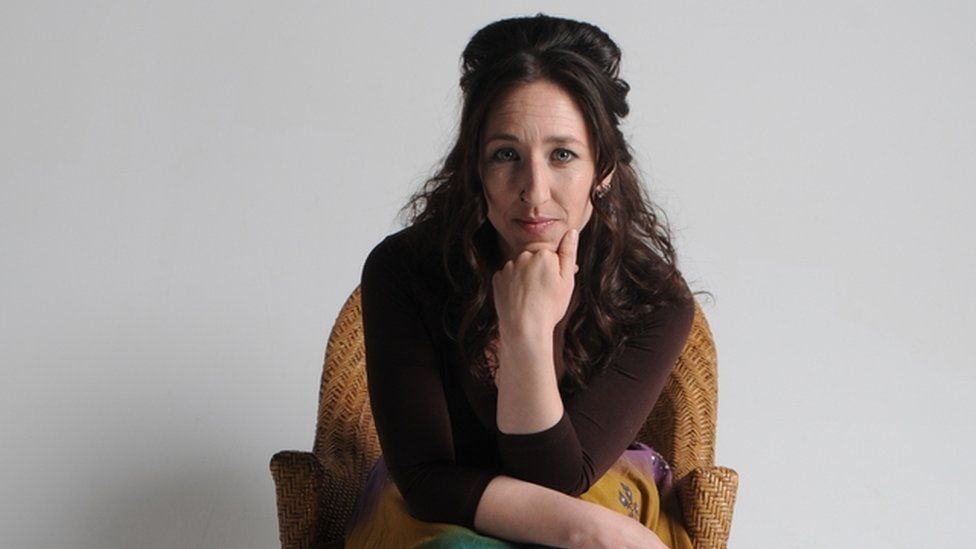
WEIGHT: 64 kg
Breast: Large
One HOUR:70$
NIGHT: +50$
Services: Sauna / Bath Houses, Sex anal, Lesbi-show hard, Slave, Toys / Dildos
By Rob Crossan. Is travelling in Europe as safe as it used to be? With a war on our doorstep in Ukraine and tensions higher than ever in the Middle East, there are valid concerns about political events and crime affecting our summer break. Our survey of some of our favourite holiday destinations suggests that while most are very safe for tourists, there are potential dangers to look out for.
More than 18million Britons travel to Spain and its island archipelagos each year. The country is one of the safest in Europe and incidents impacting tourists are rare.

Crime: Spain has very low rates of mugging and theft. Robbery rates on the coast are around per , inhabitants, with this only rising to around in Barcelona. The Guardia Civil are approachable and friendly as a rule. Be aware that a genuine officer may ask you for photo ID but will never ask you to hand over your bag, wallet or purse. Emergency services and healthcare: Healthcare is of a high standard throughout Spain, though serious illness on the smaller islands may require a transfer to a hospital in a larger mainland city.
As with all countries listed, you should make sure you have a Global Health Insurance Card GHIC and reliable travel insurance to access care while abroad. Political stability: There have been street protests in Majorca and Barcelona against tourists recently, but the target of locals' anger is the local authorities rather than visitors, so you are unlikely to be considered a target in what are overwhelmingly peaceful protests.

Tourists flock to the Colosseum in Rome, Italy, which is a common spot for theft from parked cars. The fourth most popular destination for British tourists, Italy is considered a very safe country - but exercising caution in bigger cities is recommended.


































